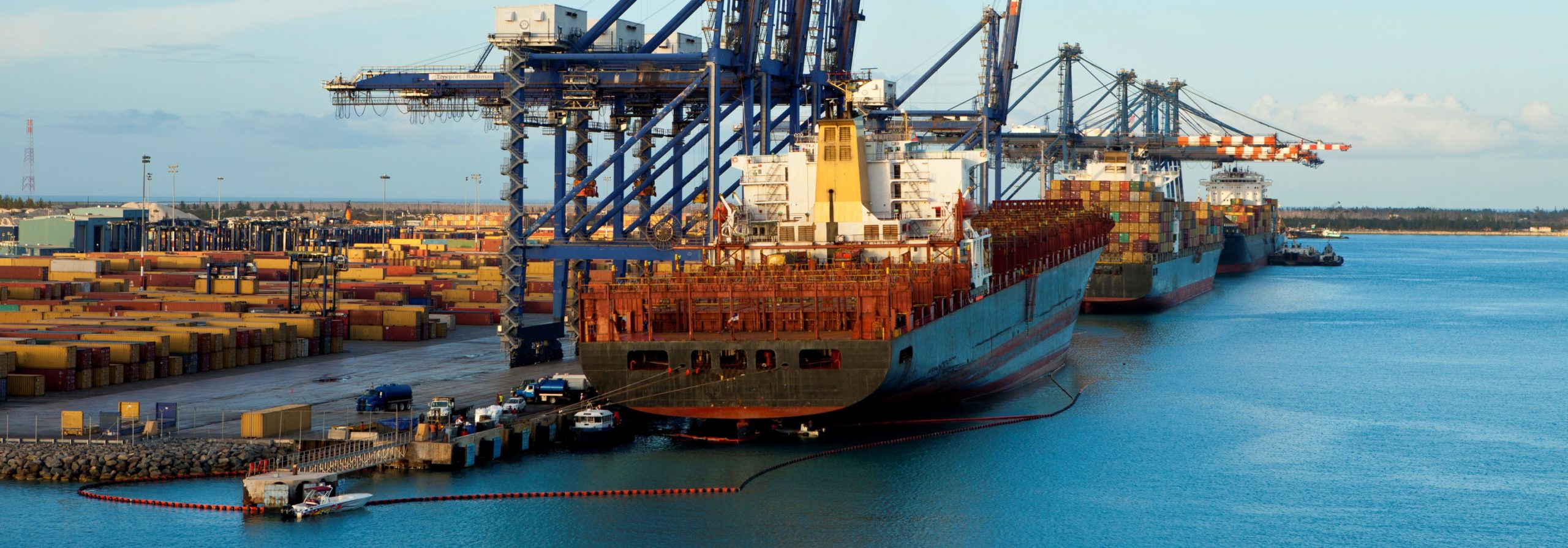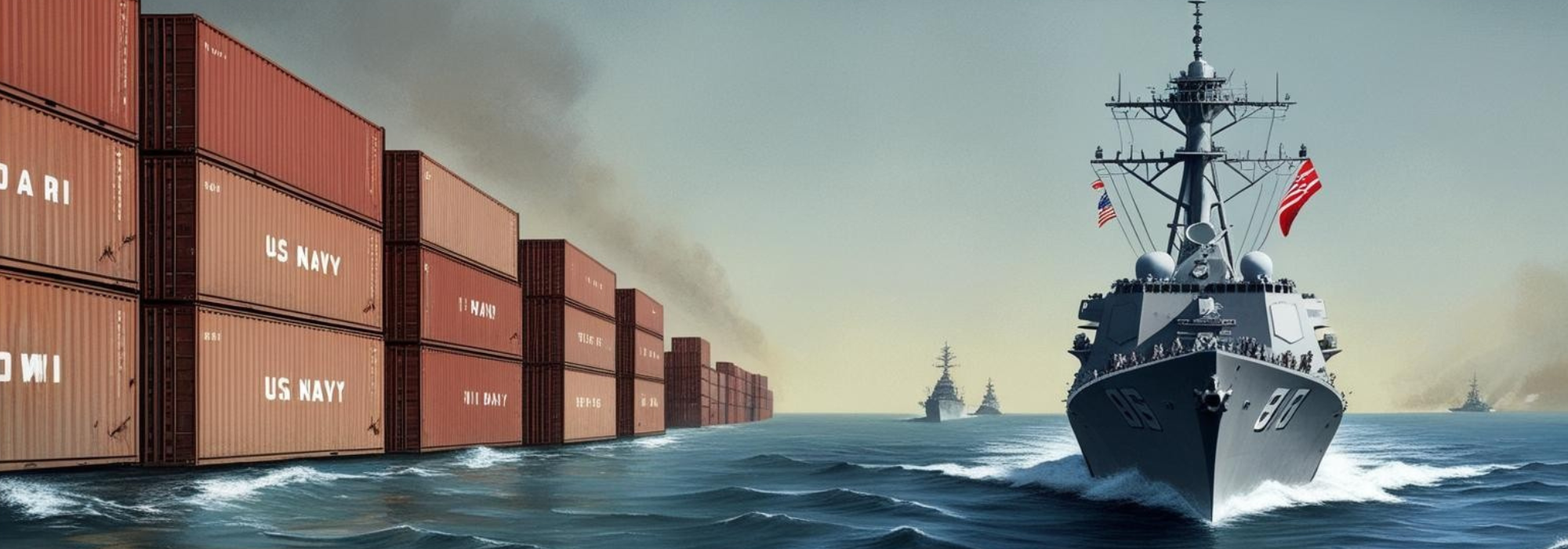The Cumulative Challenges in Global Shipping: The Ukraine-Russia War, Israel’s Conflict, and the Houthi Blockade at Bab-el-Mandeb
Introduction: The Critical Role of Global Shipping Amid Turmoil
Global shipping is the backbone of international trade, facilitating the transport of more than 80% of the world’s goods. Its stability is essential to the global economy, but recent geopolitical events have significantly disrupted the industry. The ongoing Ukraine-Russia war, the conflict in Israel, and the Houthi rebels’ decision in November 2023 to block the Bab-el-Mandeb strait for vessels linked to Israel have created unprecedented challenges.
This article explores how these overlapping crises are affecting global shipping, analyzing their economic, logistical, and political impacts, an
The Ukraine-Russia War and Its Impacts on Shipping
Since its onset in February 2022, the Ukraine-Russia war has profoundly affected global maritime trade. The Black Sea, a major route for transporting grain, oil, and natural gas, has become a conflict zone, causing severe disruptions to international supply chains.
Port Closures and Grain Exports
Russia’s blockade of Ukrainian ports has drastically reduced grain exports from one of the world’s largest suppliers. This has led to food shortages and price hikes in regions like Africa and the Middle East, which are heavily dependent on Ukrainian grain.
Rerouted Shipping and Rising Costs
Shipping companies have been forced to avoid conflict zones in the Black Sea, opting for alternative routes. These adjustments have caused delays and significantly increased transportation costs. Routes through the Baltic and Adriatic Seas have grown in importance but cannot fully compensate for the lost capacity.
Sanctions on Russia
International sanctions on Russia have curt
The Israel-Hamas Conflict and Its Effects on Maritime Trade
The war in Israel, which escalated in October 2023, has created new challenges for shipping in the region, particularly affecting Israeli ports and international trade routes.
Port Delays and Labor Shortages
Mobilization of personnel for Israel’s military efforts has resulted in labor shortages at major ports like Ashdod and Haifa, slowing cargo handling and creating logistical bottlenecks.
Heightened Security Risks
Rockets targeting Israeli territory and maritime zones have heightened risks for vessels operating in the Eastern Mediterranean. Some shipping companies have reduced their activity in the region or imposed higher insurance premiums to offset the risk.
Impact on Imports and Exports
Disruptions to supply chains have hindered Israel’s ability to import raw materials and export goods. Rising logistical costs have further reduced the competitiveness of Israeli products in global markets.
The Houthi Blockade of Bab-el-Mandeb
In November 2023, the Houthi rebels in Yemen declared a blockade on the Bab-el-Mandeb strait for vessels associated with Israel. This strait is a critical maritime chokepoint connecting the Red Sea and the Indian Ocean, serving as a major artery for global trade.
Impacts on Israeli Shipping
The blockade has severely restricted Israel’s maritime routes through the Red Sea. Israeli shipping companies now face longer and costlier alternative routes, significantly raising transportation expenses for goods linked to Israel.
Broader Implications for Global Trade
The Houthi blockade has not only impacted Israeli vessels but has also disrupted international shipping traffic, particularly for countries reliant on this strategic passage. The result has been sharp increases in freight and energy costs worldwide.
Temporary Mitigations
Shipping companies have begun rerouting through longer pathways, such as around the Cape of Good Hope, but these solutions increase fuel consumption and delivery times. Meanwhile, international actors, including the U.S. and EU, are exploring strategies to reopen the strait and restore freedom of navigation.
The Broader Implications for Global Shipping
Rising Costs Across the Industry
Geopolitical turmoil has driven up costs in the shipping industry, including higher insurance premiums and operational expenses. These increases are passed on to consumers, exacerbating inflationary pressures globally.
Realignment of Trade Routes
Conflict-induced disruptions have forced a realignment of traditional trade routes. Countries and businesses must adapt by developing alternative markets and logistics solutions.
Heightened Economic Uncertainty
Supply chain disruptions are amplifying global economic volatility. Increased costs for food, energy, and raw materials are straining economies worldwide, especially those already vulnerable to price fluctuations.
Conclusion: Navigating Challenges in Global Shipping
The global shipping industry is grappling with unprecedented challenges from overlapping geopolitical crises, including the Ukraine-Russia war, the Israel-Hamas conflict, and the Houthi blockade of Bab-el-Mandeb. These events are straining not only national economies and shipping companies but also the global economy as a whole.
While these challenges create significant disruptions, they also offer opportunities for innovation, the development of alternative routes, and investment in advanced logistical technologies. As the sea remains the primary conduit for global trade, stabilizing the maritime industry is critical to ensuring economic resilience and growth in an increasingly unpredictable world.



















